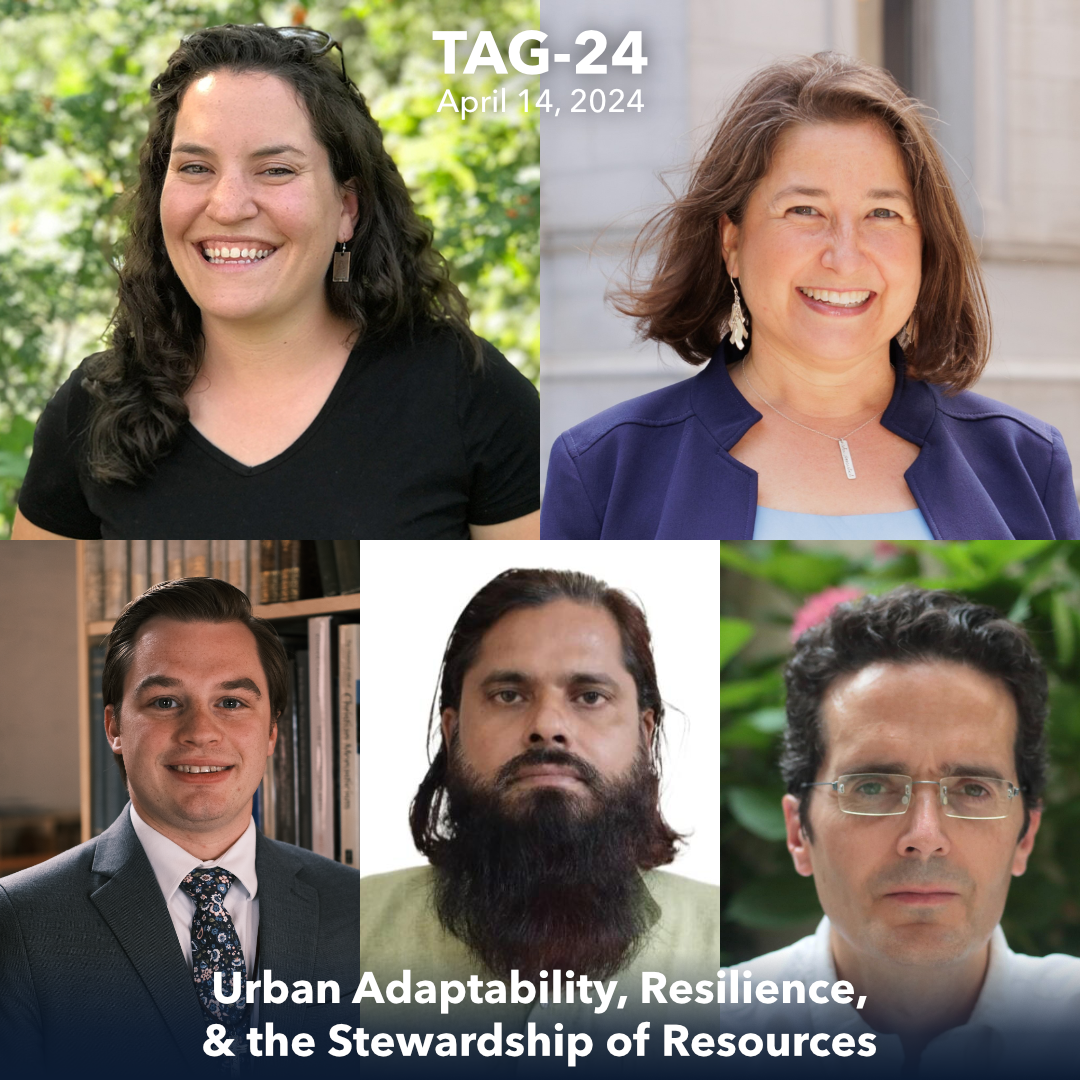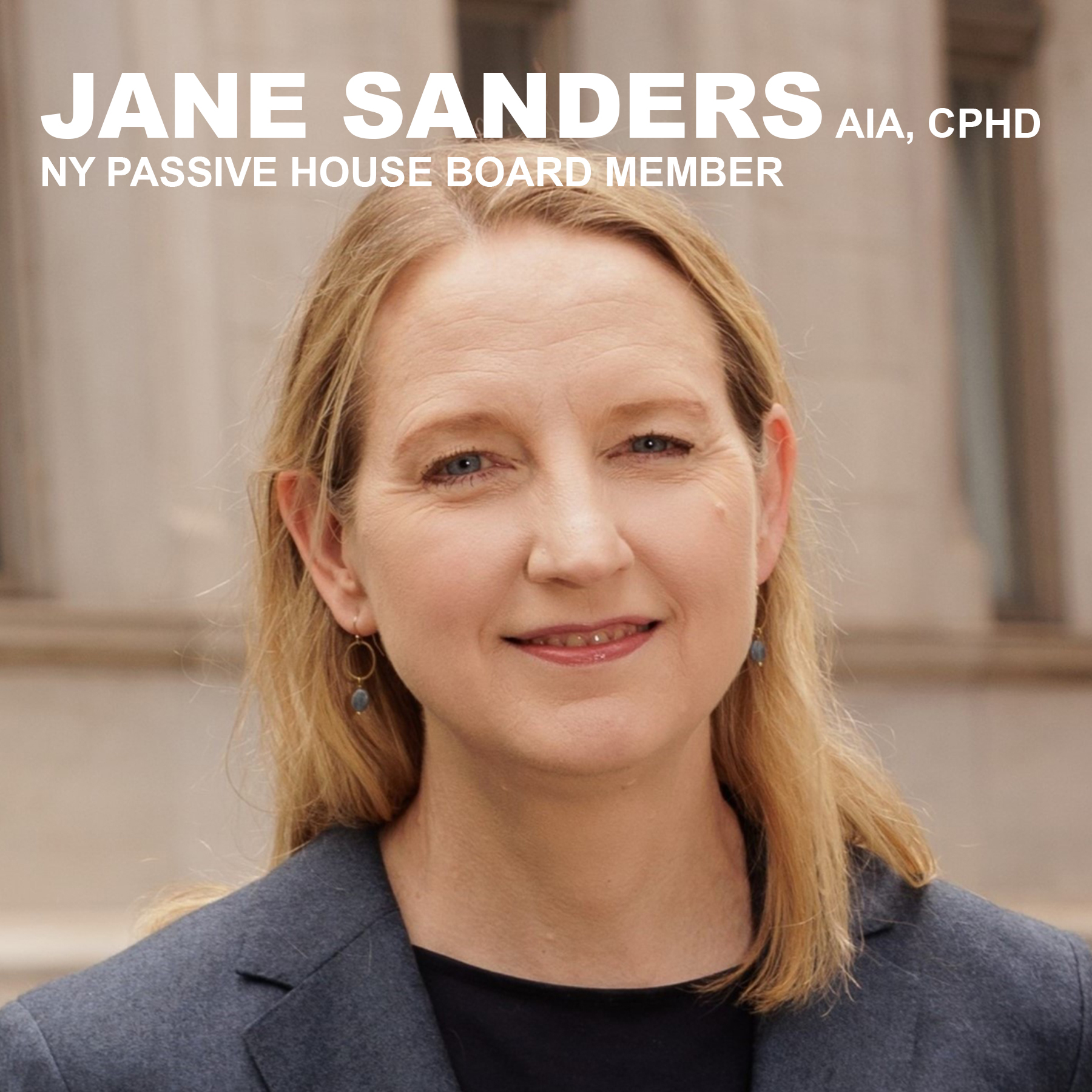The City Council is holding a public hearing at on Wednesday, May 2 at 10am at 250 Broadway to contemplate 11 bills which, if passed, will greatly change the workings of the Landmarks Preservation Commission in some very damaging ways.
The first batch of bills are ones which were previously proposed and have been sitting in committee for a number of years. They are as follows:
Intro 20 (CM Mendez, lead sponsor) – which empowers LPC to intercede in cases where unused Buildings permits are still active on Landmark buildings. HDC supports this bill.
Intro 80 (CM Koppell, lead sponsor) – requiring better monitoring of construction near landmark buildings. HDC supports this bill.
Intro 220 (CM Lappin, lead sponsor) – requiring the LPC to maintain a survey department. HDC questions if this bill is especially necessary, as many of the departments within LPC are not mandated by law and there is no funding necessarily attached to it.
Intro 357 (Public Advocate De Blasio, lead sponsor) – allowing more flexibility about “green” rooftop mechanicals on landmark buildings. HDC does not support this bill since we feel that all rooftop mechanicals on landmark buildings should be positioned to be as minimally visible as possible.
Then there are four bills which together seek to impose a strict timeline on the LPC’s deliberation of potential landmarks and historic districts.
Intro 222A (CM Lappin, lead sponsor)– requires LPC to respond to Requests for Evaluation within a maximum of 180 days (6 months).
Intro 532A (CM Garodnik, lead sponsor) – mandates a publicly accessible online database of RFEs and dictates language for LPC’s responses to requests
Intro 849 (CM Lander, lead sponsor) – creates an appeals process for denied RFEs
Intro 850 (CM Lander, lead sponsor) – creates a 21/33 month maximum timeline for landmark and historic district designations.
These bills would seem to answer the longtime community complaints about lack of attention to community requests. In truth, if these bills are adopted in tandem as written, they would risk overwhelming the LPC scant resources and could result in thousands of potential buildings in dozens of historic districts being rejected out of hand. Currently, there are literally thousands of buildings in potential historic districts across the city including:
| Bainbridge Avenue | Kew Gardens | |||
| Bedford Stuyvesant | Madison Square North | |||
| Boerum Hill | Morningside Heights | |||
| Broadway Flushing | Moshulu Parkway | |||
| Bruckner Boulevard | Mount Morris | |||
| Carroll Gardens | Murray Hill | |||
| City Island | Park Slope | |||
| Clinton Hill | Parkway Village | |||
| Crow Hill | Richmond Hill | |||
| Crown Heights North | Ridgewood | |||
| Far Rockaway | Riverdale | |||
| Fort Greene | the Bowery | |||
| Fort Hill | the Grand Concourse | |||
| Greenpoint | the Upper East Side | |||
| Greenwich Village | the Upper West Side | |||
| Inwood | Victorian Flatbush | |||
| Jackson Heights | Wave Hill | |||
| Jamaica Estates | Westerleigh |
to name only the ones which spring immediately to mind. Imagine if the LPC HAD to make decisions and designate all those districts in 33 months. They couldn’t even if they wanted to – and that would result in thousands of buildings being permanently prevented from becoming landmarks based on a mandated schedule rather than merit. Please also note that there is no funding guaranteed to actually provide for the staff necessary to enact this scheme. This plan is almost ensured to create paralysis at the agency.
If this timeline was currently in place, one could easily imagine that Crown Heights North, the Park Slope Extension, the Grand Concourse, Douglaston Hill, Murray Hill NoHo, and Dumbo would have never been designated since all of those designations took longer than 33 months to complete. This is clearly a case of an attempt to legislate around a concern where the cure is much more damaging than the problem. For a full timeline of what we think this will look like, see here.
Finally, there are two bills which seek to inhibit LPC’s powers to designate or regulate properties.
Intro 845 (CM Comrie, lead sponsor) – allows for replacement materials on landmark buildings to be those present at time of designation.
Intro 846 (CM Comrie, lead sponsor) – mandates City Planning Commission to analyze economic impact of designation on the development potential of proposed landmark and instructs City Council to strongly regard this analysis in their deliberations. The bill also requires the LPC to issue very detailed draft designation reports early in the public hearing process and promulgate rules for historic districts immediately after designation.
These bills are aimed at making the LPC ineffectual and providing faulty intellectual rationales for the Council to reject designations at the behest of developers.
Intro 845, the Replacement Materials Bill, undermines the basic benefit of LPC oversight in helping to gradually return areas to a more historically-appropriate condition. With the advent of new material technologies and the growth in skilled building artisans, it is easier and cheaper than ever before to replace failing building materials with appropriate replacements of high quality. What this bill would result in would be the endless replacement of white vinyl windows in designated historic districts with more of the same.
Intro 846, the Economic Argument Bill, deliberately misconstrues the economic value of landmark designation by emphasizing the false value of “property strictly as development ”. By enabling the sole criteria of economic value to be the highest use of a site, the bill strives to denigrate the economic value of landmark designation to property value. The most highly valued and most desirable property in New York City falls within historic districts. There are a number of factors why these areas are so successful and one of them is their landmark protection. People want to live where there is certainty and protection. Under this bill, the recent Park Slope extension could be found to have an negative economic effect on the neighborhood because it could potentially affect the FAR of rowhouse blocks, whereas commonsense and actual real world data will show the opposite to be true.
This is a deliberate attack on the Landmarks Law , which was intended by its drafters to “stabilize and improve property value; protect and enhance the city’s attractions to tourists and visitors and the support and stimulus to business and industry thereby provided; and strengthen the economy of the city”. This is how Landmark designation worked in 1965, and it’s how Landmark designation works today.
That the City Council is hearing all these bills with almost no notice is very disturbing. That each speaker is only going to have THREE MINUTES to comment on 11 bills is outright appalling. Regardless of the merit of these bills, the concerned public of New York City’s neighborhoods deserves a real opportunity to discuss the issues raised by these bills. Under these circumstances, any germ of good policy in these bills simply cannot have a fair hearing or thoughtful discussion whereas the bad ideas risk slipping through unchallenged.
HDC urges you to come to 250 Broadway on Wednesday, May 2 at 10am and tell the City Council firmly – this is bad public policy, bad for preservation and bad for New York! Written testimony is also permitted and should be brought to the hearing or sent to CM Comrie and Speaker Christine Quinn at 250 Broadway, New York, NY 10007. You can contact Speaker Quinn on the Council website at http://council.nyc.gov/d3/html/members/home.shtml or send your testimony to gbenjamin(at)council.nyc.gov



